Keeping your diesel-powered vehicle running at its best often means relying on professional help. Whether it’s a routine check-up, a major engine repair, or diagnostics for a stubborn fault, visiting a diesel repair shop can feel intimidating if you’ve never been to one before. Knowing what to expect ahead of time can ease anxiety, help you interact more effectively with technicians, and ensure you get good value for your money. In this post, we’ll walk you through what typically happens when you bring your diesel vehicle to a repair shop, offer tips for making the experience smoother, and highlight common pitfalls to avoid.
Expectations may vary depending on the shop’s size and specialization, but many processes and concerns are universal. From how initial intake is handled to final testing and billing, understanding the stages of repair helps you engage as an informed customer rather than a frustrated bystander. In addition, awareness of broader industry trends can give you perspective on why diesel repair shops sometimes face delays or capacity constraints. Let’s jump in.
Initial Assessment and Diagnostic Process
When you first arrive at a professional diesel repair shop, the experience often begins with a careful assessment and diagnostic process. The shop staff or a service advisor will ask you detailed questions about any symptoms, noises, or performance changes you’ve noticed—such as rough idling, loss of power, unusual exhaust smoke, or warning lights. It’s helpful to be as precise as possible about when the issue began, whether it happens at specific speeds or loads, or if it seems to worsen in certain conditions.
After gathering your account, the technician will inspect the vehicle visually, checking for obvious signs of leaks, damaged hoses, wiring issues, or loose components. Many modern diesel repair shops will then connect your vehicle to electronic diagnostic tools to scan engine control modules, sensors, and error codes. These tools help narrow down the possible sources of trouble more efficiently than blind guesswork. Once the technician has diagnostic data and inspected under the hood, they’ll typically present you with a repair plan outlining necessary repairs, parts, labor hours, and cost estimates. At this stage, don’t hesitate to ask questions about what is essential versus optional, or whether less-invasive troubleshooting steps exist. A trustworthy shop is transparent about what they intend to do and why.
Understanding Parts Sourcing, Lead Times, and Inventory
A major factor that often surprises vehicle owners is the delay or variation caused by parts availability and sourcing. A professional diesel repair shop may have a stock of commonly used components—filters, belts, gaskets, sensors—but more specialized parts (turbochargers, injector nozzles, emissions modules) sometimes need to be ordered from manufacturers or suppliers. This means that even after diagnosing the problem, your vehicle may spend additional days waiting for parts to arrive.
Because of the complexity and variety in diesel systems, shops operate with networks of parts suppliers and may depend on overnight or expedited shipping. In some cases, shops will inform you of multiple options: using an aftermarket part, an OEM component, or refurbishing an existing component. Each choice generally comes with tradeoffs in cost, warranty, or expected lifespan.
Lead times also vary by region, season, and supply chain conditions. Especially in remote areas, a specialized shop might wait days just for delivery. Because of this, it’s wise to ask the repair shop during estimation how long parts will take. That way, you’re not caught off guard by extended downtime. Trustworthy diesel repair shops provide clear timelines and explain any potential delays so you can plan around them.
Work Execution, Updates, and Quality Assurance
Once parts are on hand, the actual repair work begins. Technicians perform the tasks defined in the repair plan—replacing or repairing faulty components, recalibrating systems, reassembling assemblies, and testing as needed. Many modern shops follow structured workflows and quality control checklists to ensure no step is missed, especially for safety-critical systems like fuel injection, exhaust aftertreatment, or turbocharging.
While work is in progress, good shops will update you on major milestones: when disassembly is complete, when parts are installed, or if they discover additional issues (and whether they require your approval). Communication is key—don’t hesitate to ask for clarity about unexpected findings or additional labor charges. A transparent repair shop values keeping you in the loop rather than surprising you with hidden costs.
After the mechanical work is done, technicians conduct functional testing. They might run the engine under load, check for error codes again, and monitor performance parameters. Some shops even offer road tests or full diagnostics to confirm that the repair resolved the problem. At handover, you should receive documentation showing the work performed, parts replaced, warranty details, and maintenance recommendations.
Labor, Pricing, and the Impact of Workforce Trends
Pricing at a diesel repair shop is typically based on labor hours, parts, and shop overhead. Labor rates reflect the skill and training of the technicians, overhead costs (rent, equipment, tools), and market conditions. Because diesel repair is a specialized field, labor rates tend to be higher than for general auto repair.
Another major factor influencing repair timelines and pricing is the industry’s growing technician shortage. According to Mechanics Hub, the U.S. will need 258,000+ new diesel and auto techs by 2025 to meet demand, but schools are graduating fewer than 50,000 technicians per year, creating a significant talent gap. This shortage means many diesel repair shops operate with limited staff and may struggle to handle high volumes, causing longer wait times or backlogs. As a result, shops may prioritize urgent repairs, fleets, or repeat customers, which can lead to delays for other clients.
Given these pressures, obtaining multiple estimates and confirming labor detail is wise. Also ask whether shops use flat-rate billing (you pay for quoted hours regardless of actual time) or time-and-materials billing (you pay for actual hours used). A reputable shop is clear about pricing methods and offers justification for time spent, especially for complex jobs.
Tips to Get the Most from Your Visit
To make the most of your repair shop visit, a few proactive steps go a long way. Before bringing in your vehicle, note down as many symptoms and conditions as possible. If performance issues worsen or come and go, having a log helps the technician isolate the root cause faster. Be ready to consent to basic inspections so hidden issues aren’t missed.
During the estimation phase, ask for a breakdown of parts and labor, and inquire about warranty coverage on parts and workmanship. Understand what is included (e.g. test drive, diagnostics, calibration) and what might be extra. Don’t be shy about asking whether some repairs can wait or be deferred, especially if parts are expensive. Choose shops that give clear documentation and are willing to walk you through completed work.
It’s also wise to ask about a shop’s certifications, tool availability, and reputability—diesel repair shops with manufacturer training, OEM tooling, or certifications in emissions or safety standards are often more reliable. Finally, maintain records of past repairs; when you bring in older components or service history, technicians have better context and can spot trends over time.
Visiting a professional diesel repair shop doesn’t have to feel overwhelming. By understanding each phase—from intake and diagnostics to parts sourcing, execution, pricing, and follow-up—you arrive prepared and better able to engage with your technician. The growing industry demand for skilled labor and the resulting constraints on shop capacity make it ever more important to choose wisely and ask informed questions. With a good shop and clear communication, you’ll leave confident that your diesel vehicle is in capable hands and better prepared for the road ahead.
Ready to give your diesel vehicle the expert care it deserves? Contact Diesel Geeks today to schedule your visit and experience why we’re a trusted name in diesel repair shops.
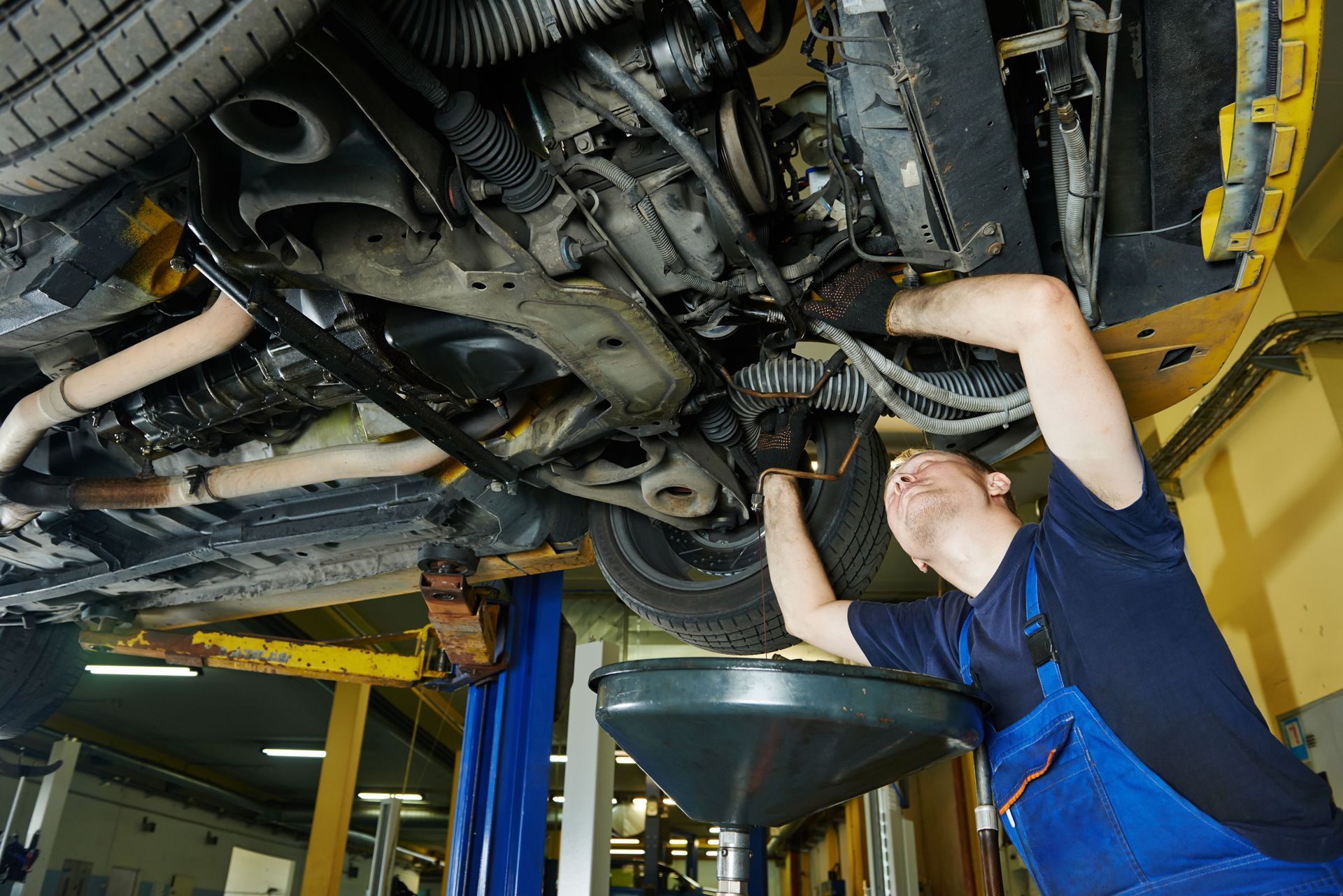

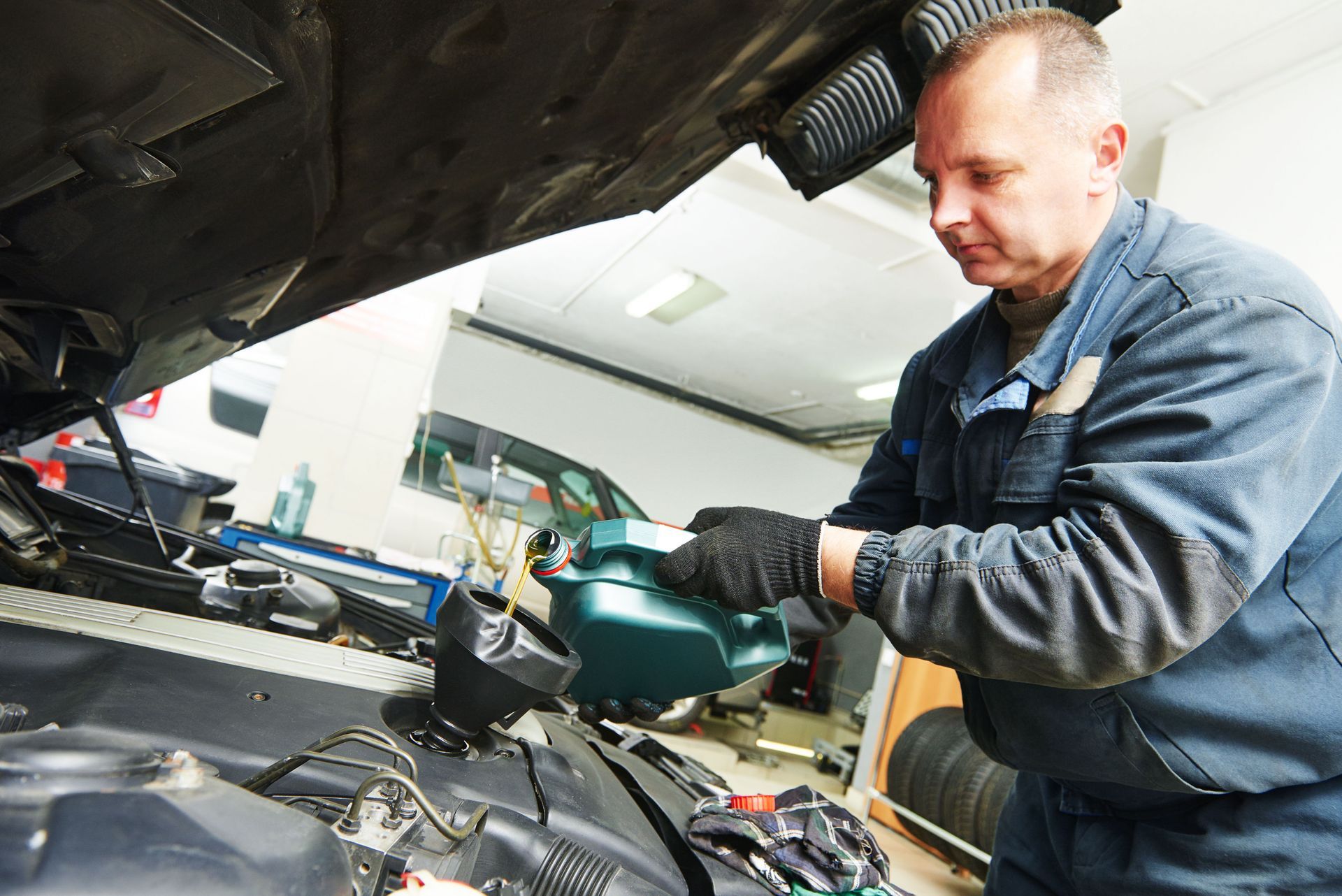
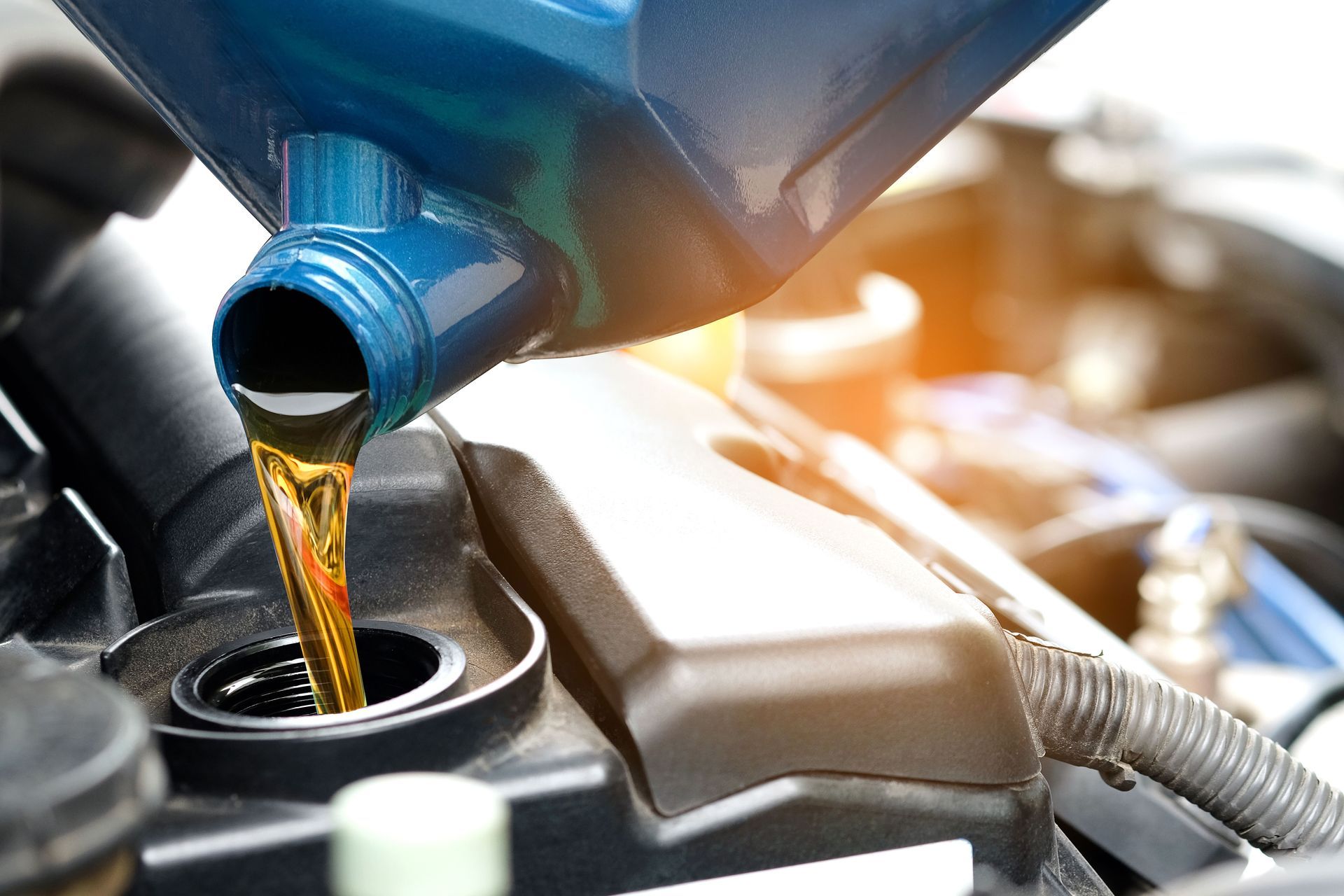
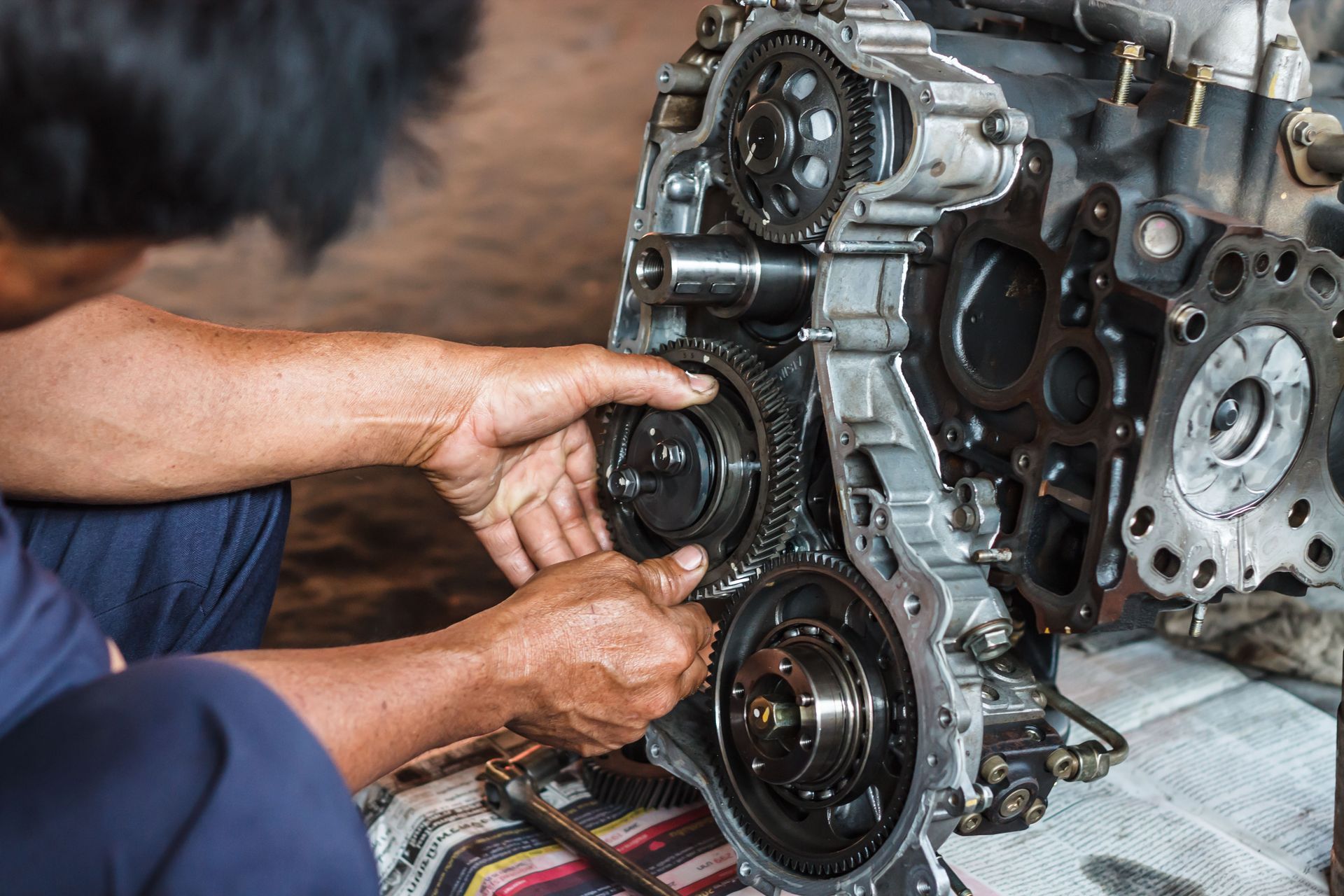


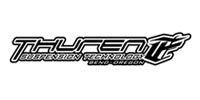
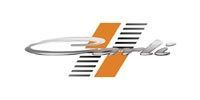
Share On: